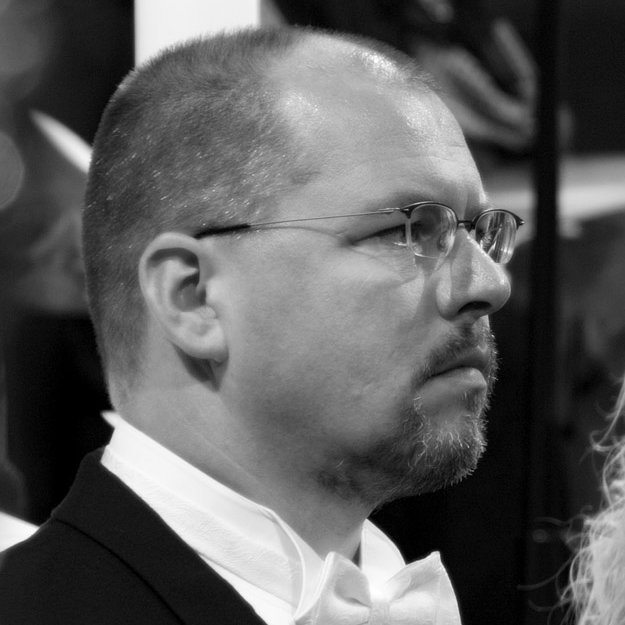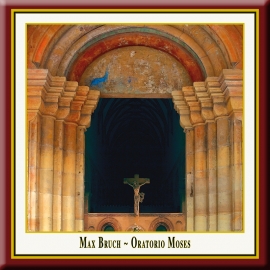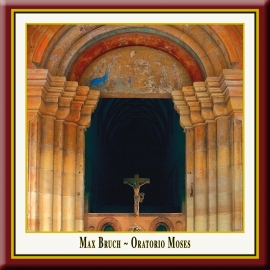Stefan Vinke

Tenor Vocals
Stefan Vinke was born in Osnabrück and studied song with the court singer Edda Moser in Cologne, and with Eugene Kohn. The accomplished church musician received his first engagement at the Karlsruhe State Theatre of Baden in 1993. He sang for two seasons here before switching to the Krefeld-Mönchengladbach Theatre. Jun Märkl engaged Stefan Vinke for the 1999/2000 season as the 1st youth heroic tenor at Mannheim's National Theatre. In the new Ring, Stefan Vinke sings the role of Siegmund, followed by Lohengrin, Parsifal, Florestan and Tristan.







